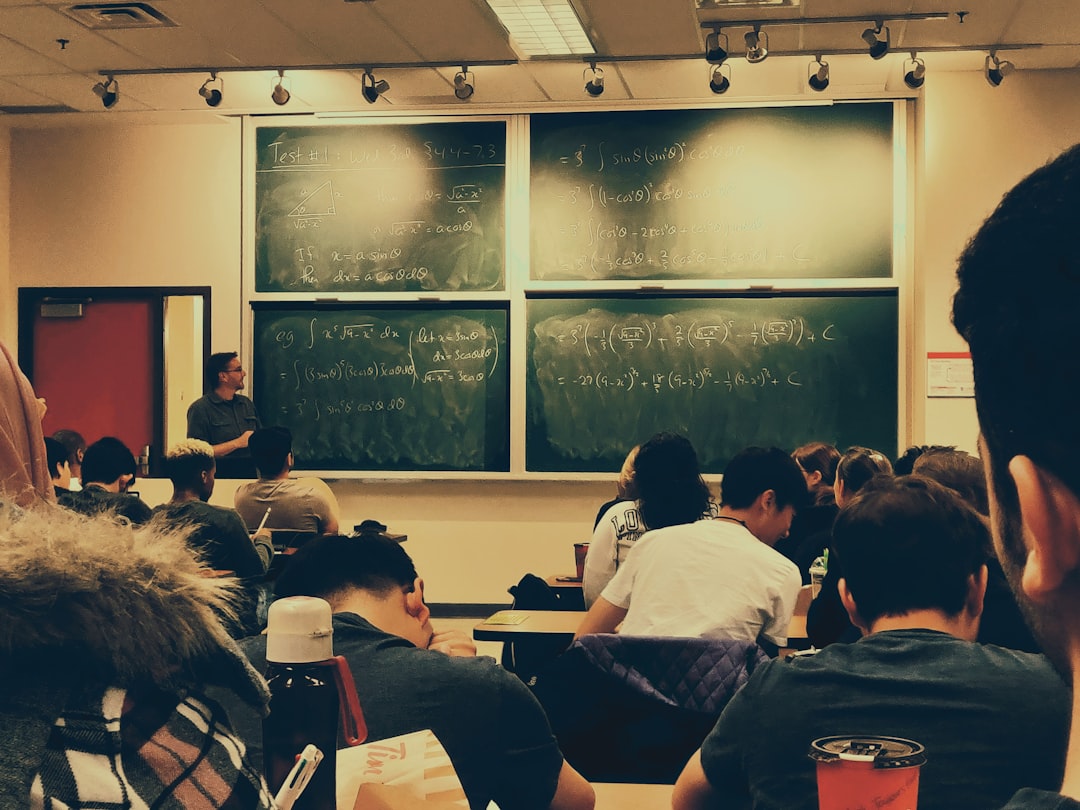What is it about?
Abstract The strong association between educators’ perceptions and teaching approaches must be considered when improving teaching quality in BL environments in higher education institutions (HEIs). Consequently, every effort to effectively initiate and implement instructional innovations and practices at the higher education level is highly dependent on educators’ perceptions, attitudes, characteristics, and approaches. However, there have not been many empirical studies to ascertain the relationship between teacher educators’ perceptions of and approaches to teaching in BL mode. Therefore, this study sought to investigate the connection between educators’ perceptions and approaches to delivering instructions in a BL mode in a developing country. The study used a mixed-methods approach, involving 10 participants in the qualitative data collection phase and 71 respondents in the quantitative data gathering phase from one public HEI in Ghana. While a thematic inductive tool was employed to analyze the qualitative data, R-package version 0.88 (2022) was used to analyze the quantitative data. The study’s results revealed a significant relationship between educators’ perceptions and approaches to teaching in a BL context. However, the study found no correlation between educators’ perception or approach and their ages or experiences of teaching in a BL mode. The findings of the study may encourage teachers to adopt a more positive attitude towards providing quality information to students learning in a BL environment. Keywords Approaches to teaching, blended learning, educators, higher education institutions, and perceptions
Featured Image
Read the Original
This page is a summary of: Higher education teacher educators’ perceptions about approaches to teaching in a blended learning mode in a developing country, E-Learning and Digital Media, March 2024, SAGE Publications,
DOI: 10.1177/20427530241239433.
You can read the full text:
Contributors
The following have contributed to this page










